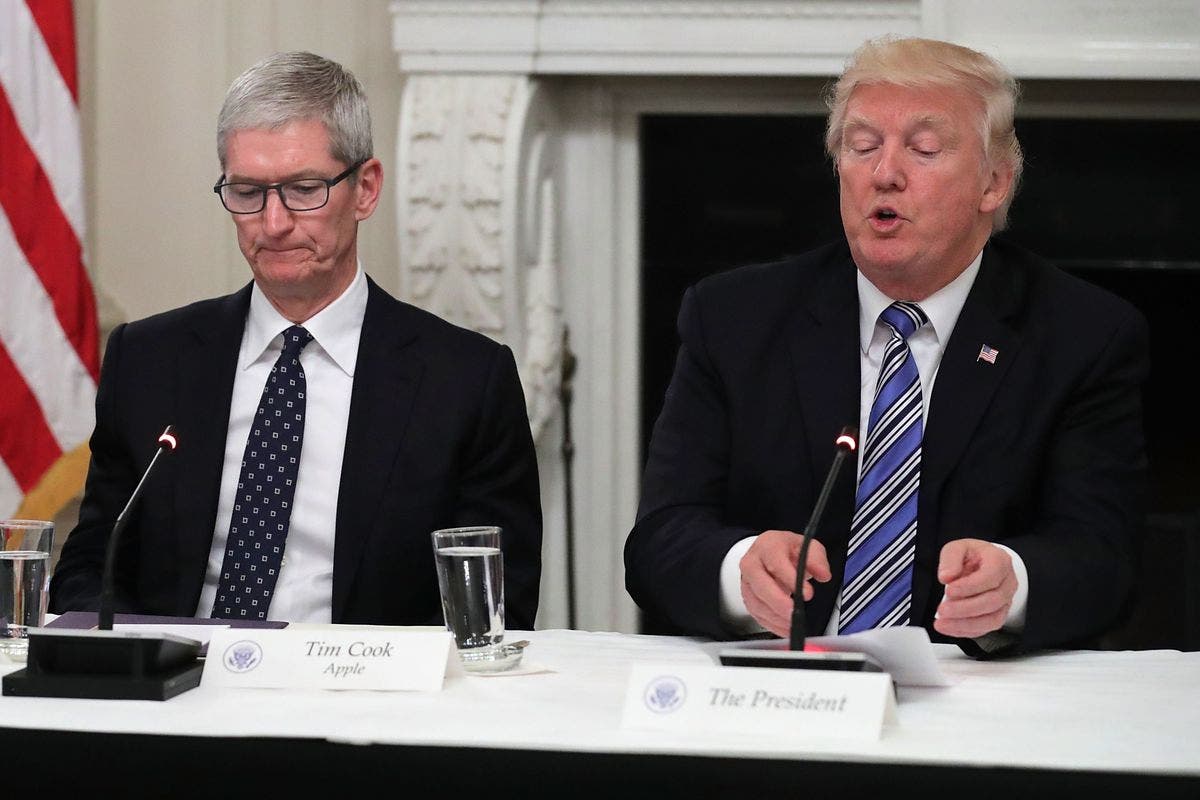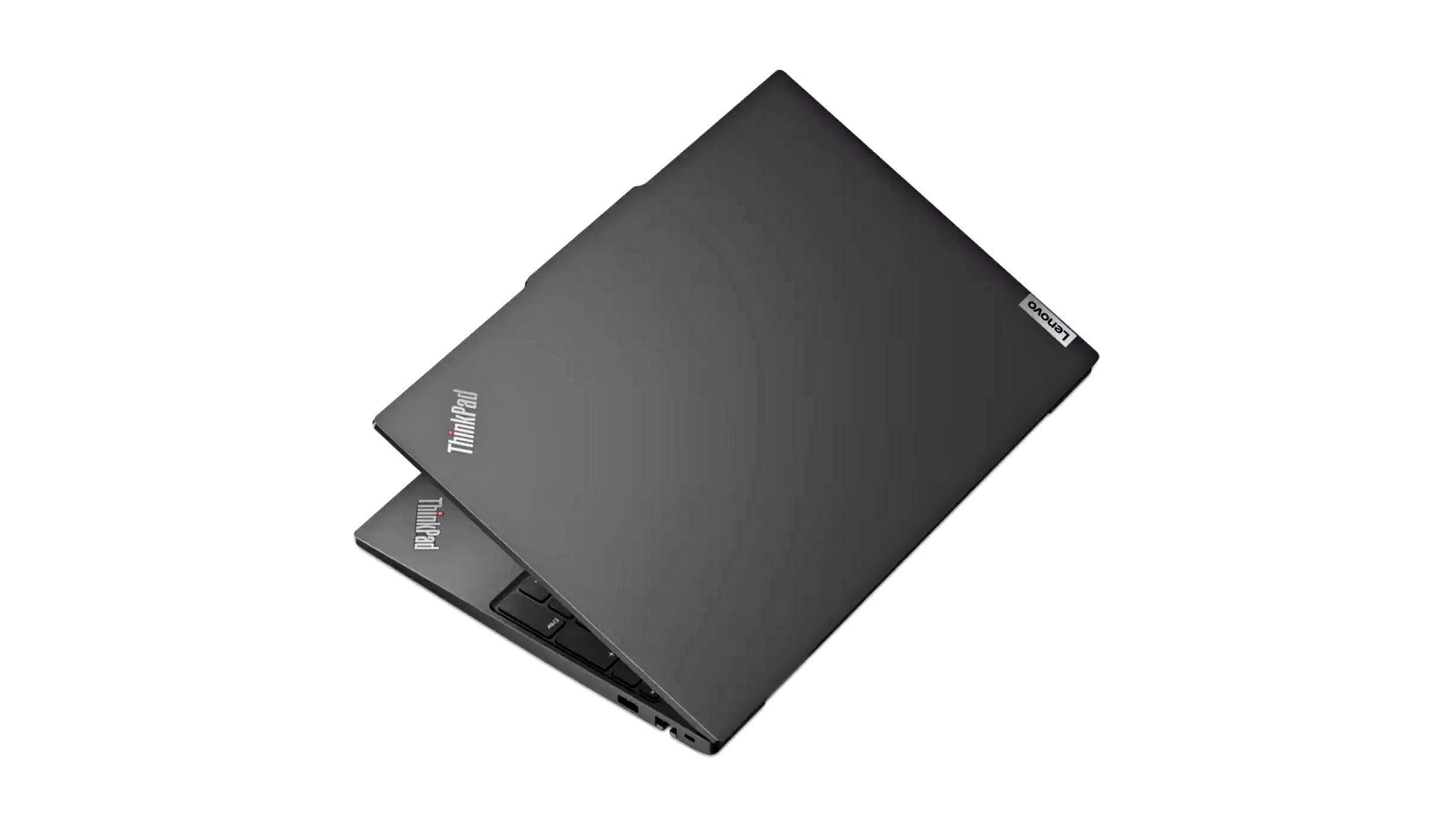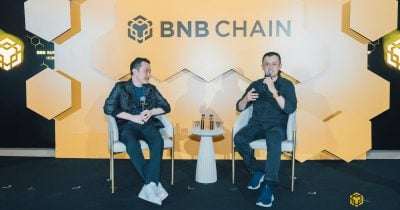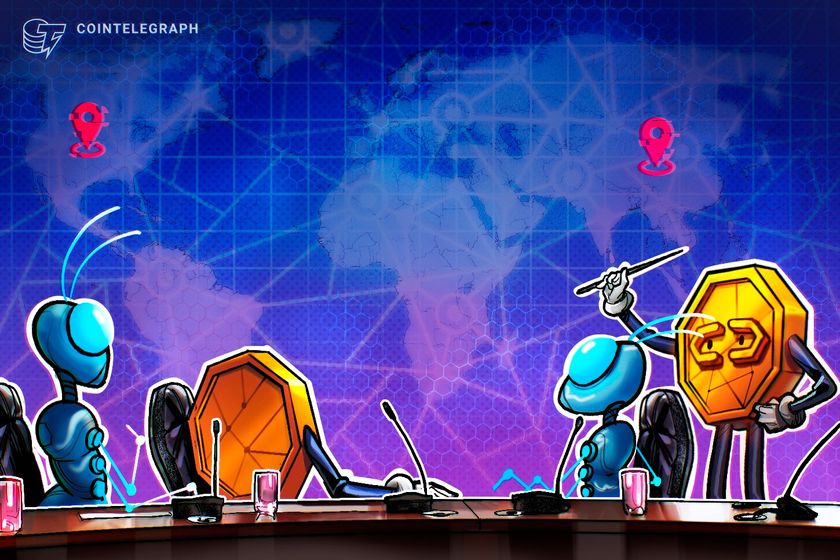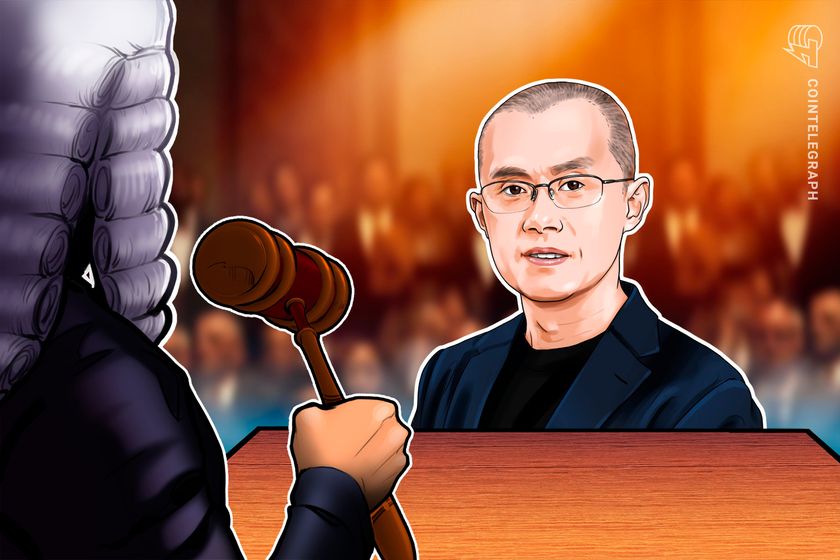Individualist Era: The newest powerbroker in workplace technology is … you
Editor’s note: This guest post is written by Brooke Shepard, a former marketing executive at Salesforce and Tableau. This might feel like another article about AI, but really it’s about independence, work, and tacos. I should probably start with tacos. They have been on my mind because until ChatGPT hit 100 million users in two months, I thought I’d witnessed the fastest adopted “tech” of my career. Which was Taco Bell’s Doritos Locos Tacos, which sold 200 million units in six months. I know that’s not technically a technology advancement, but taco meat in a Dorito flavored shell was, and… Read More


Editor’s note: This guest post is written by Brooke Shepard, a former marketing executive at Salesforce and Tableau.
This might feel like another article about AI, but really it’s about independence, work, and tacos.
I should probably start with tacos. They have been on my mind because until ChatGPT hit 100 million users in two months, I thought I’d witnessed the fastest adopted “tech” of my career.
Which was Taco Bell’s Doritos Locos Tacos, which sold 200 million units in six months.
I know that’s not technically a technology advancement, but taco meat in a Dorito flavored shell was, and still is, a revelation. And so, so delicious.
But today, the incredible adoption of AI tools like ChatGPT has revealed more about our attitudes toward work than tacos ever did about our shifting tastes.
Which is that workers are more independent than ever before, and individual workers have greater autonomy, authority and even buying power over their workplace technology.
This shift goes beyond changing appetites. In a new study of AI-aware corporate workers, my partners at B2B marketing agency Fight or Flight, research firm NewtonX, and I identified what we call the “Individualist Era” of workplace technology, defined by three key changes:
We are all entrepreneurs, and innovation is a personal responsibility.
Entrepreneuralism is not a new idea, but it seems to be reaching a zenith in modern business culture. We found that 62% of workers report feeling pressure to be more efficient, and 77% are willing to experiment with new tools to innovate personally.
Innovation is no longer the job of the corporation, it is a personal must for success, and relatively cheap AI tools are the easiest means to achieve that goal.
Our bonds with work technology grow, even when ties to the workplace fray.
While we hear a lot these days about the eroding ties between employer and employee, our affiliation to our tech is going the other way.
Nearly three-quarters of respondents consider the tools they use as essential to career growth (not job growth, but career growth), and 54% say they would leave their job if management removed software or tools essential to their role.
Our relationships with our tools can last longer over a career than an individual job, and as a result, our workbench has become part of our work brand.
Buying power is shifting to individual workers.
More than half of respondents have more autonomy over purchases, and 40% would spend more individually if they could. Plus, when only 14% believe their organizations policies towards bringing in new tools are “very clear,” many are pushing ahead on their own.
Perhaps this last point most of all makes us believe this is truly a new era for workplace technology, as power dynamics shift in the workplace.
Compare it to the last major shift 25 years ago, as the cloud expanded tech ownership beyond IT to every department head and team across corporations, from sales to marketing to HR to finance and more.
Now, accessibility of personalized AI pushes power even further — from teams to individuals — making custom solutions available to every worker, not just department heads.
Like the transition to the cloud, not everything will change at once, but everyone should heed the change. Whether you are innovating your own workplace or introducing the hottest new B2B tech, individual workers’ need to innovate on their own terms will play a key role.
Flavors of technology may shift, but worker desire for autonomy will not go away. Neither will tacos.

























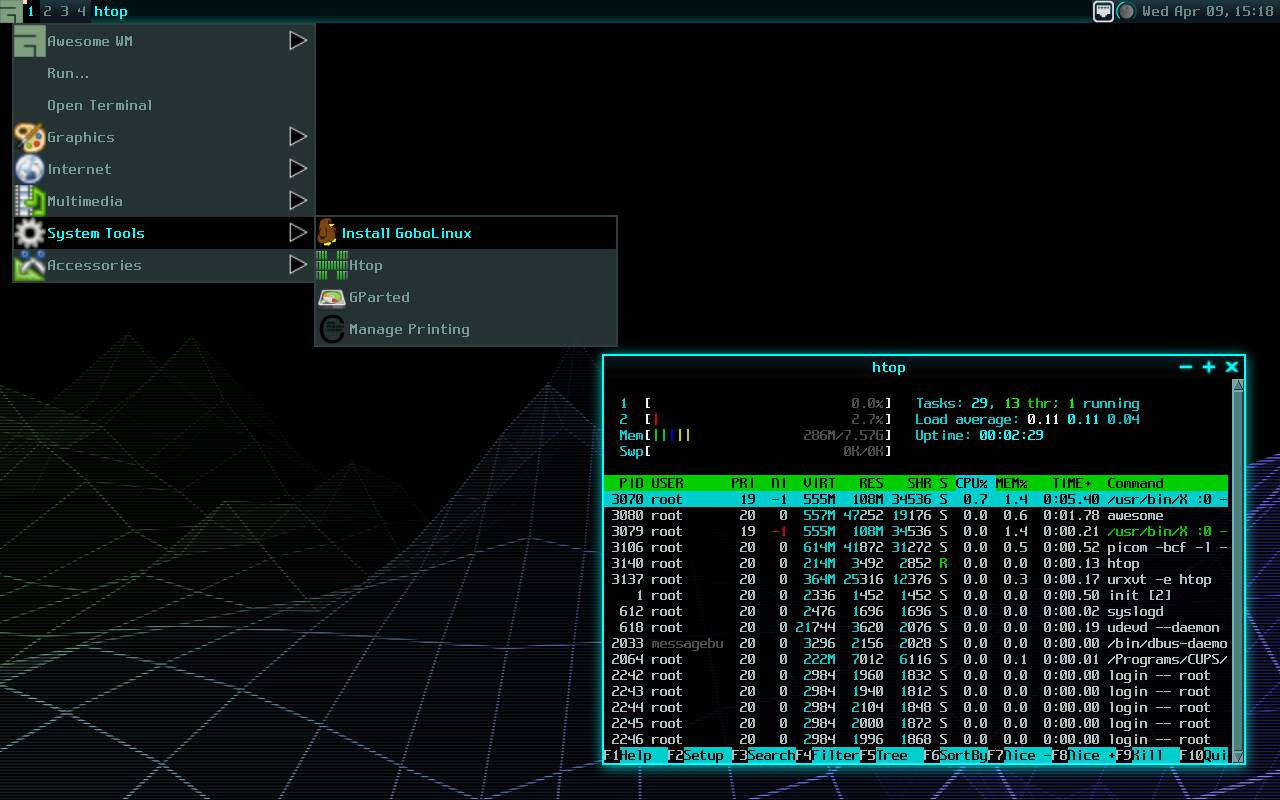















































































































































![[The AI Show Episode 143]: ChatGPT Revenue Surge, New AGI Timelines, Amazon’s AI Agent, Claude for Education, Model Context Protocol & LLMs Pass the Turing Test](https://www.marketingaiinstitute.com/hubfs/ep%20143%20cover.png)






























































































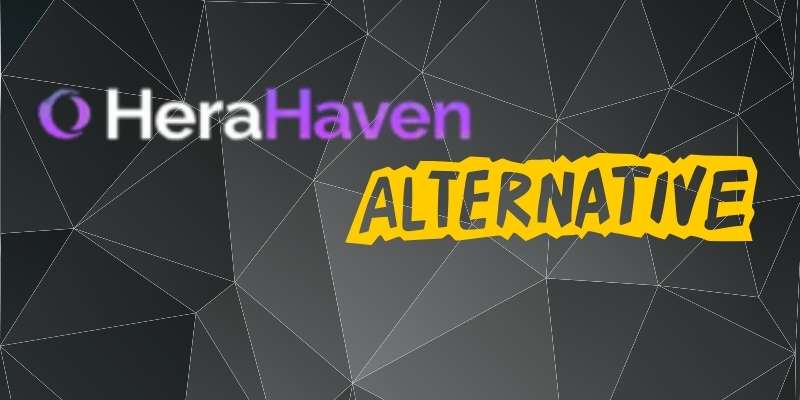
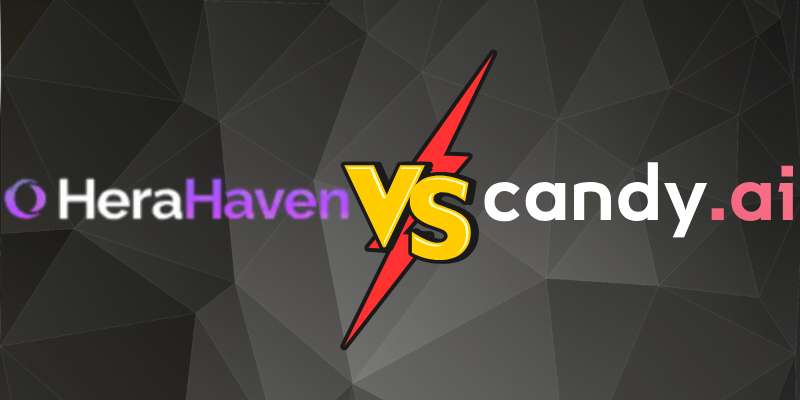















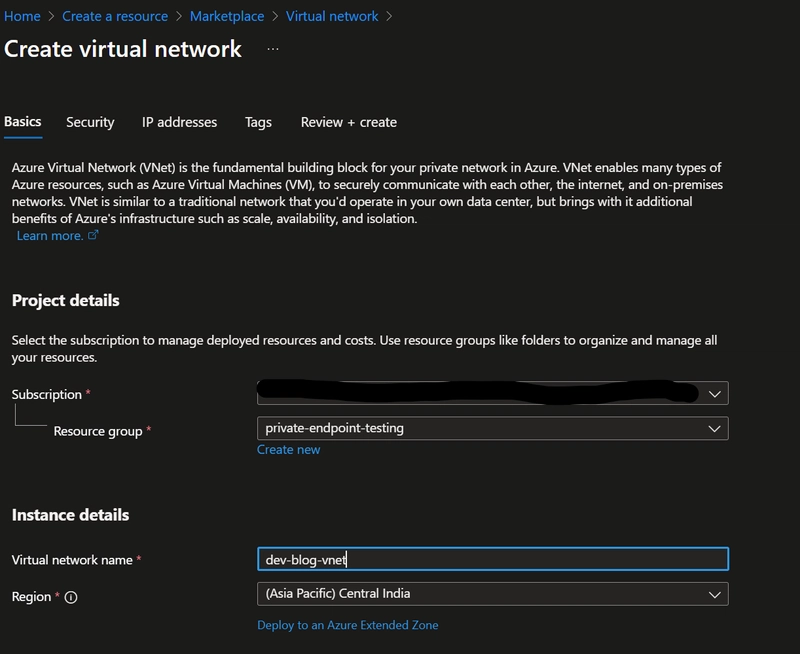












![From Accountant to Data Engineer with Alyson La [Podcast #168]](https://cdn.hashnode.com/res/hashnode/image/upload/v1744420903260/fae4b593-d653-41eb-b70b-031591aa2f35.png?#)



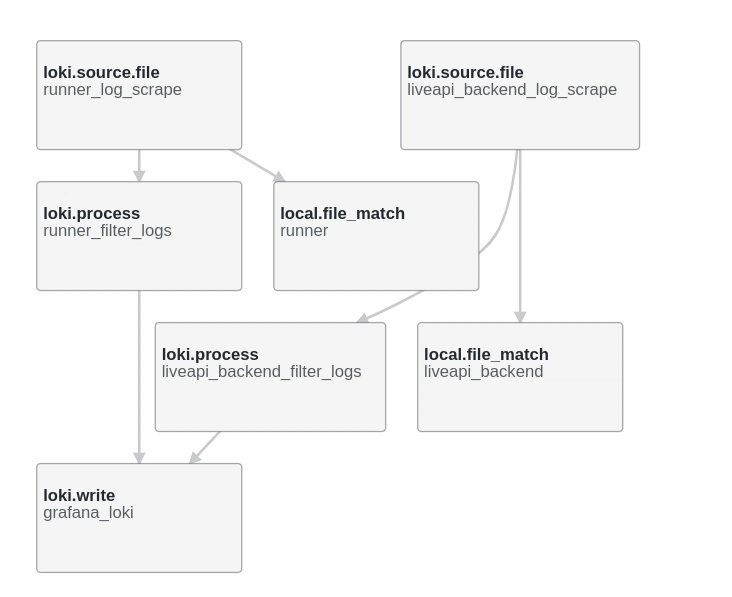












































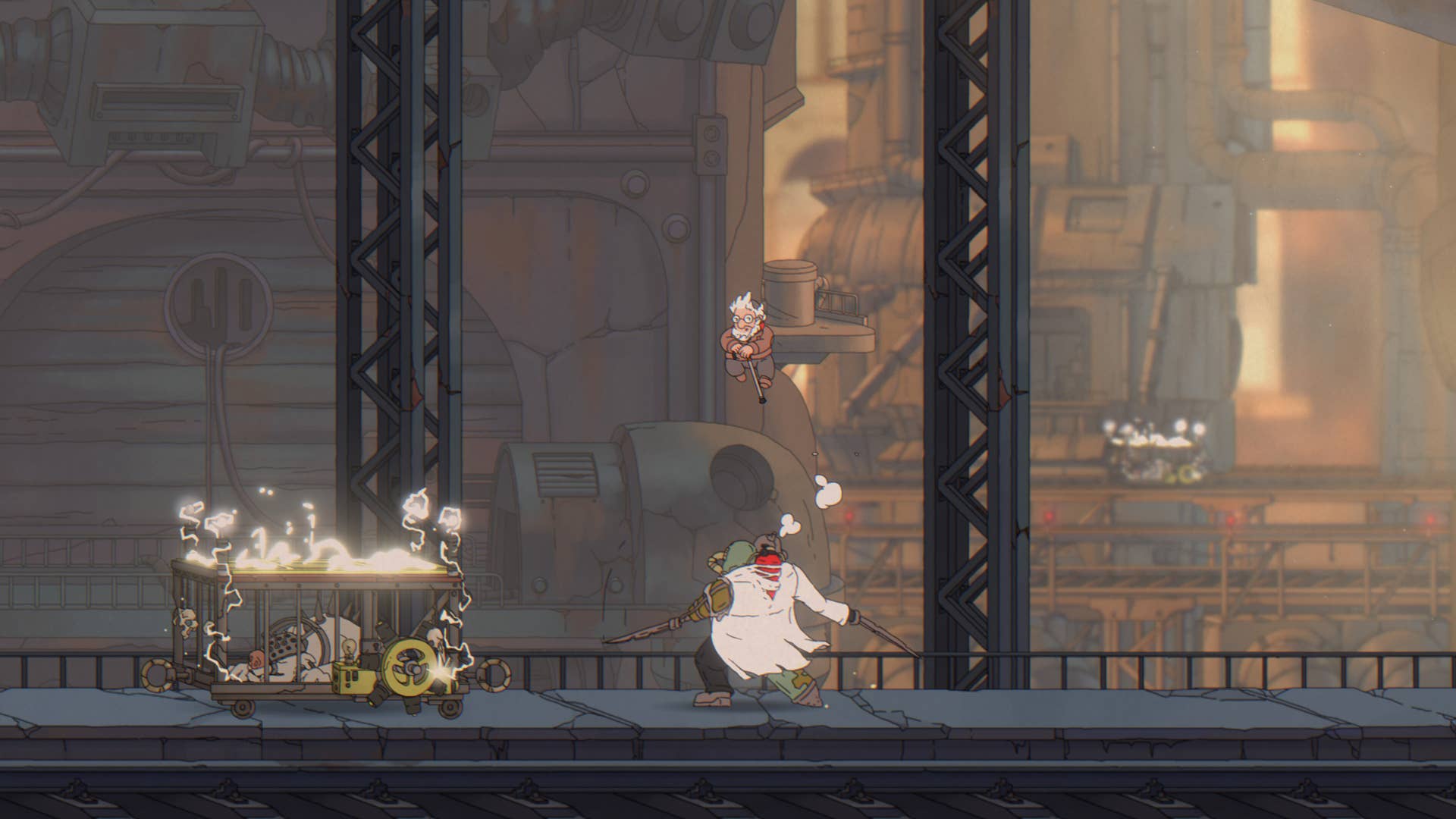












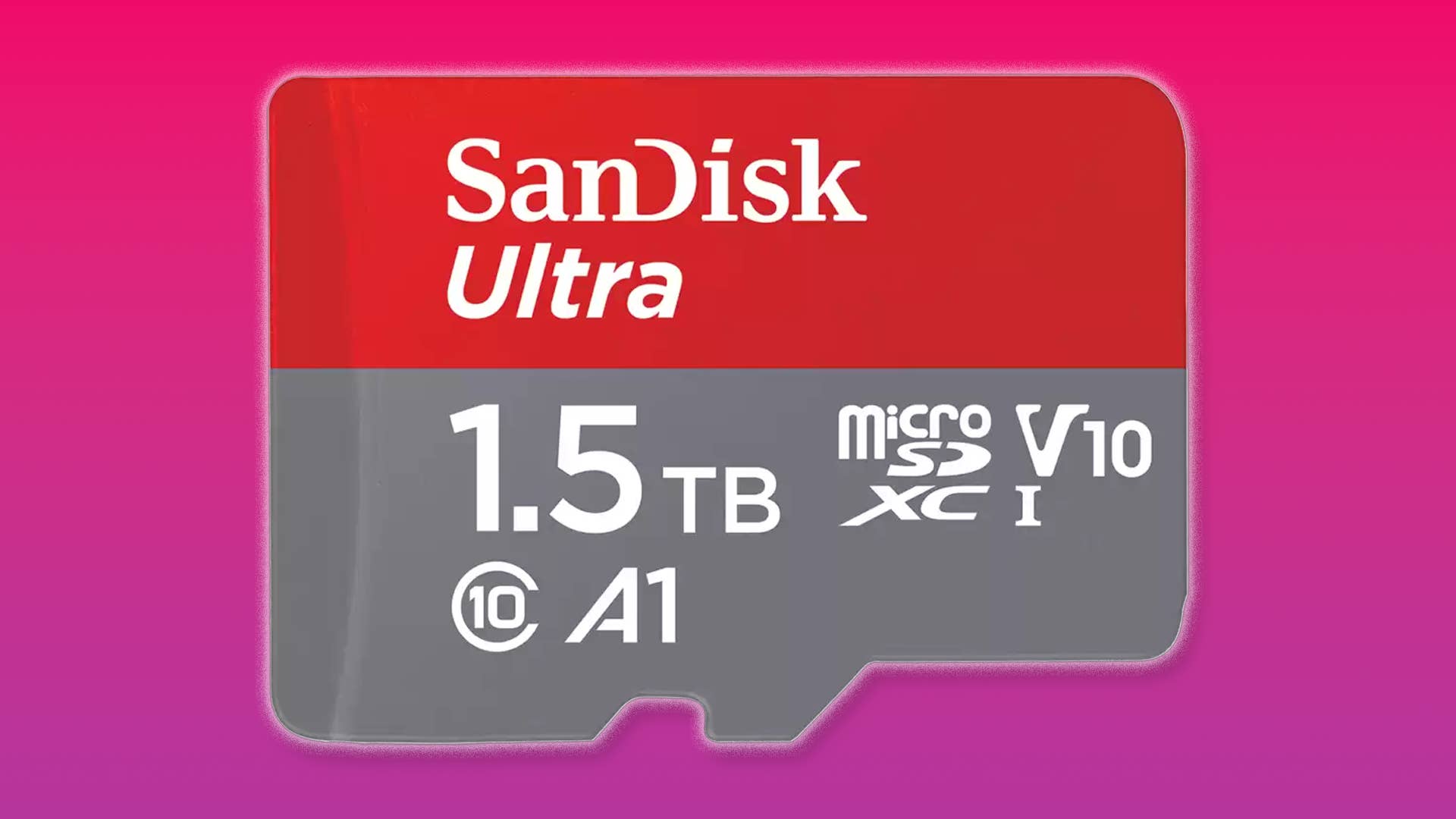







































.png?#)


























































































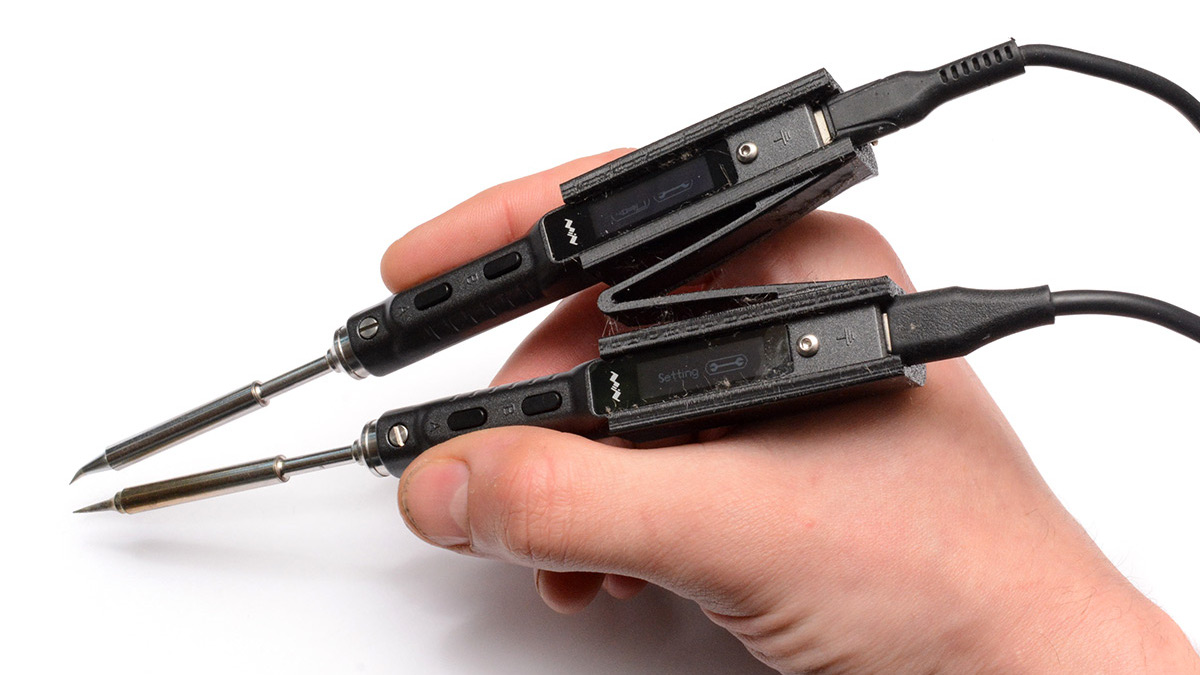
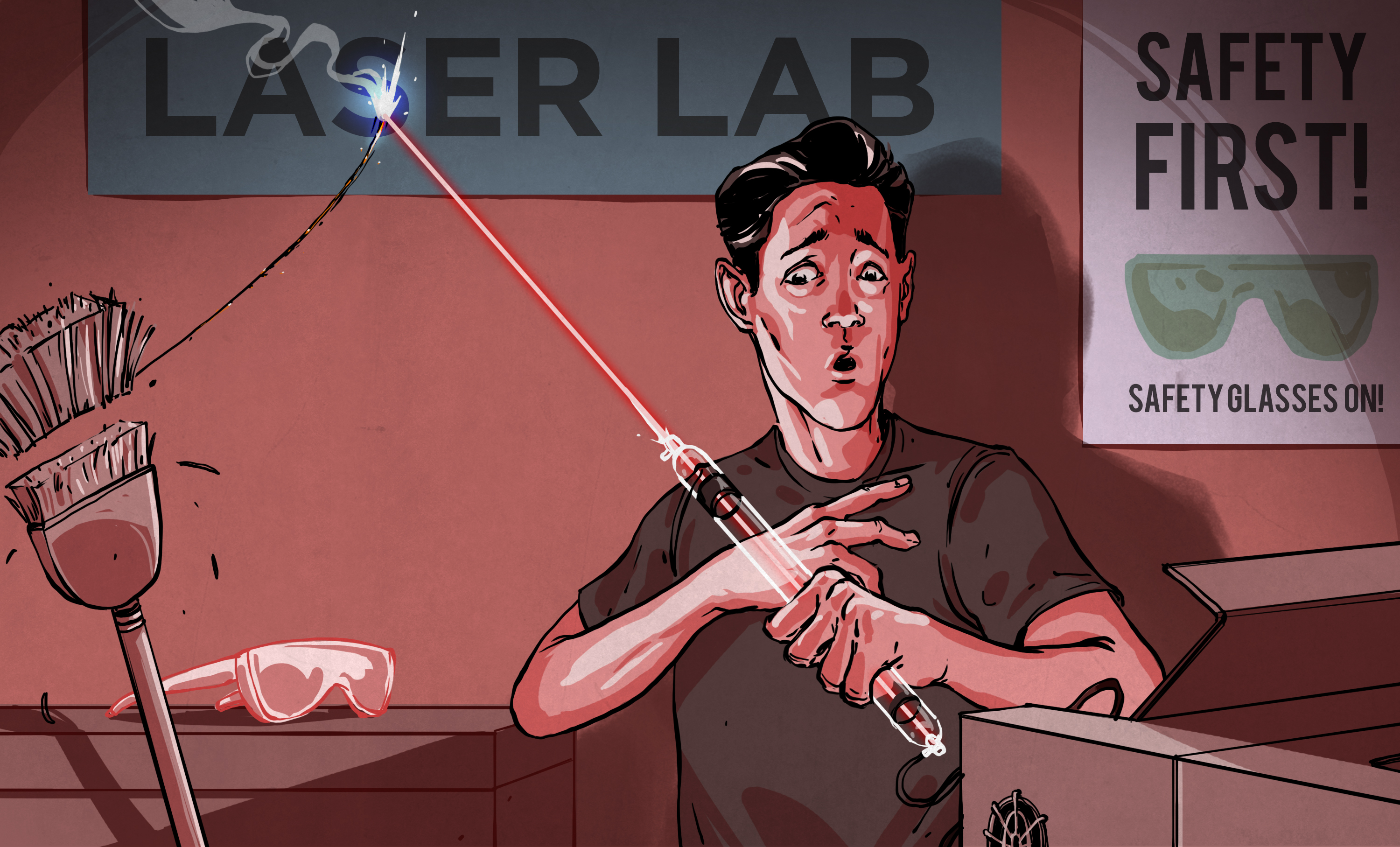
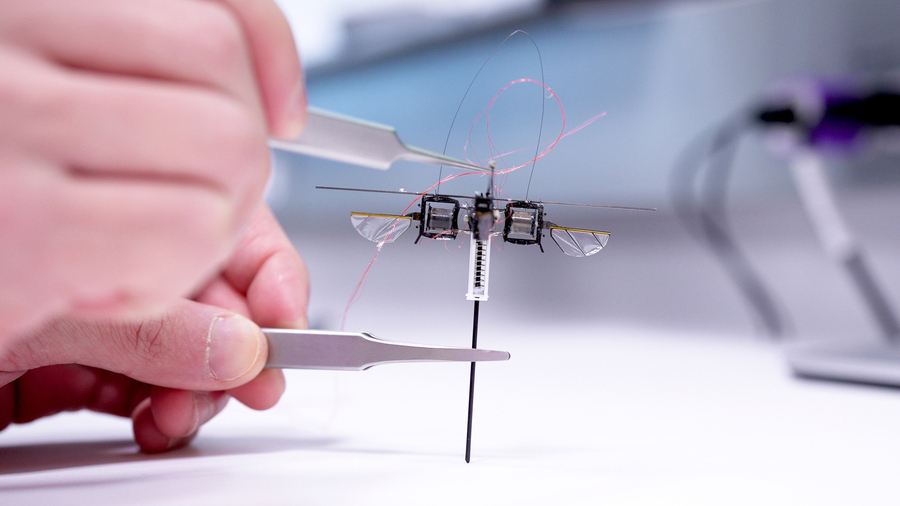























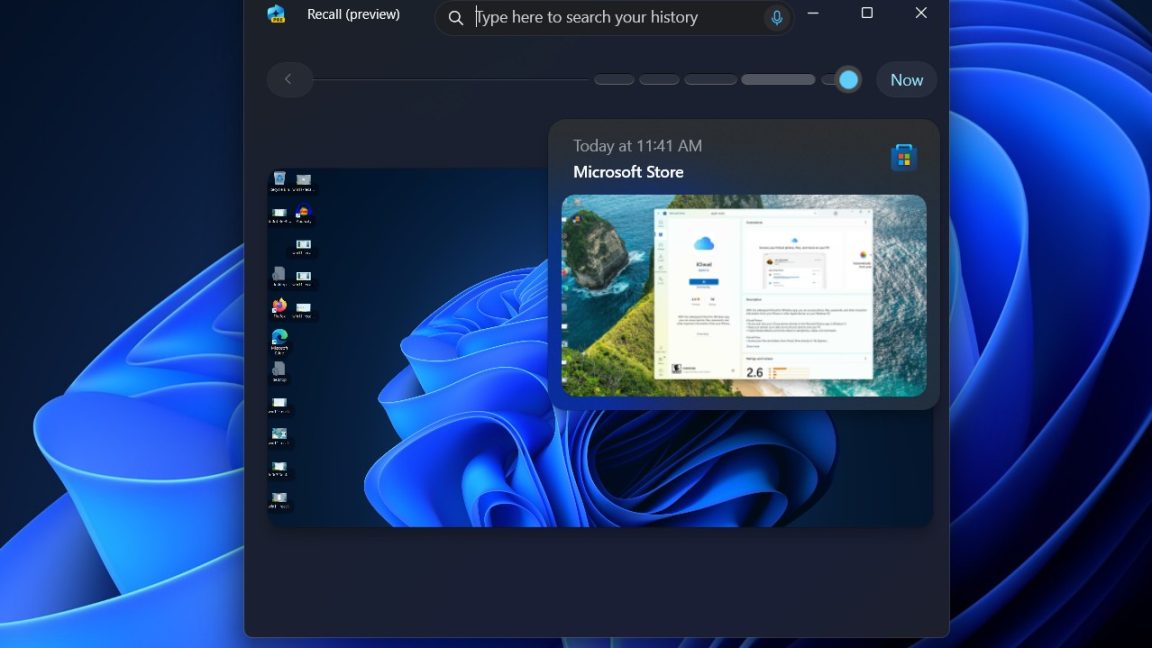
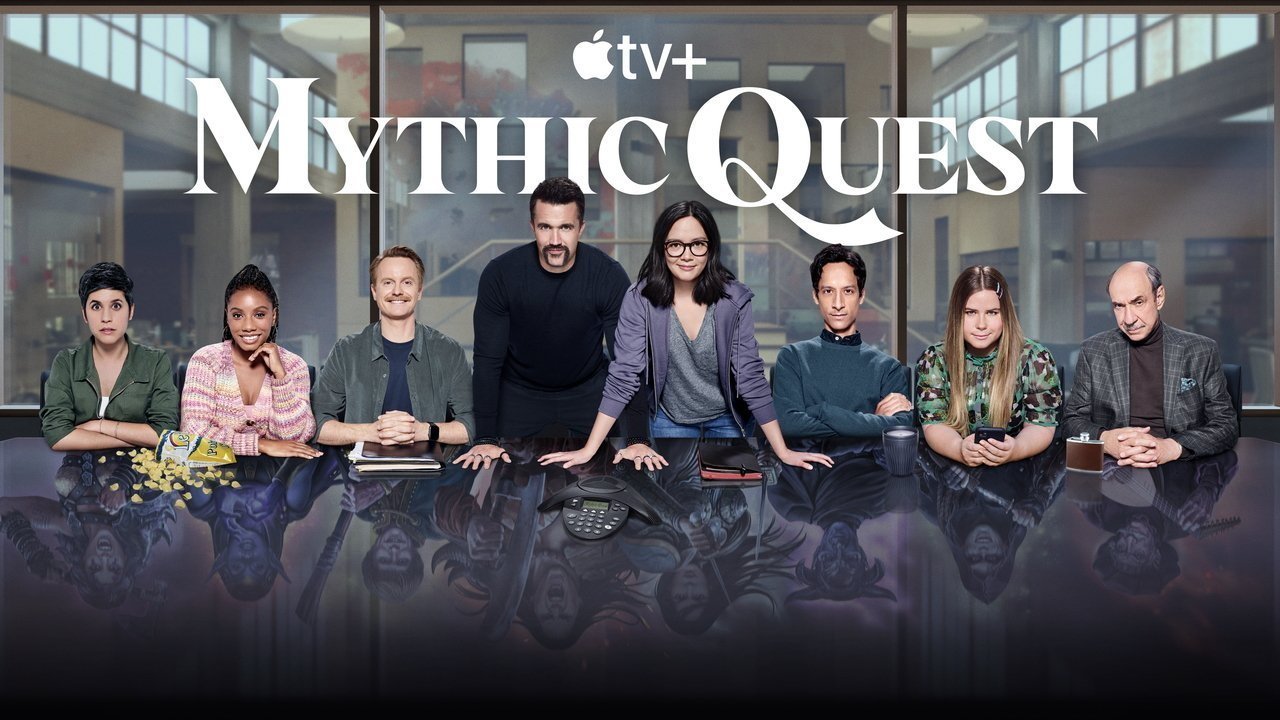


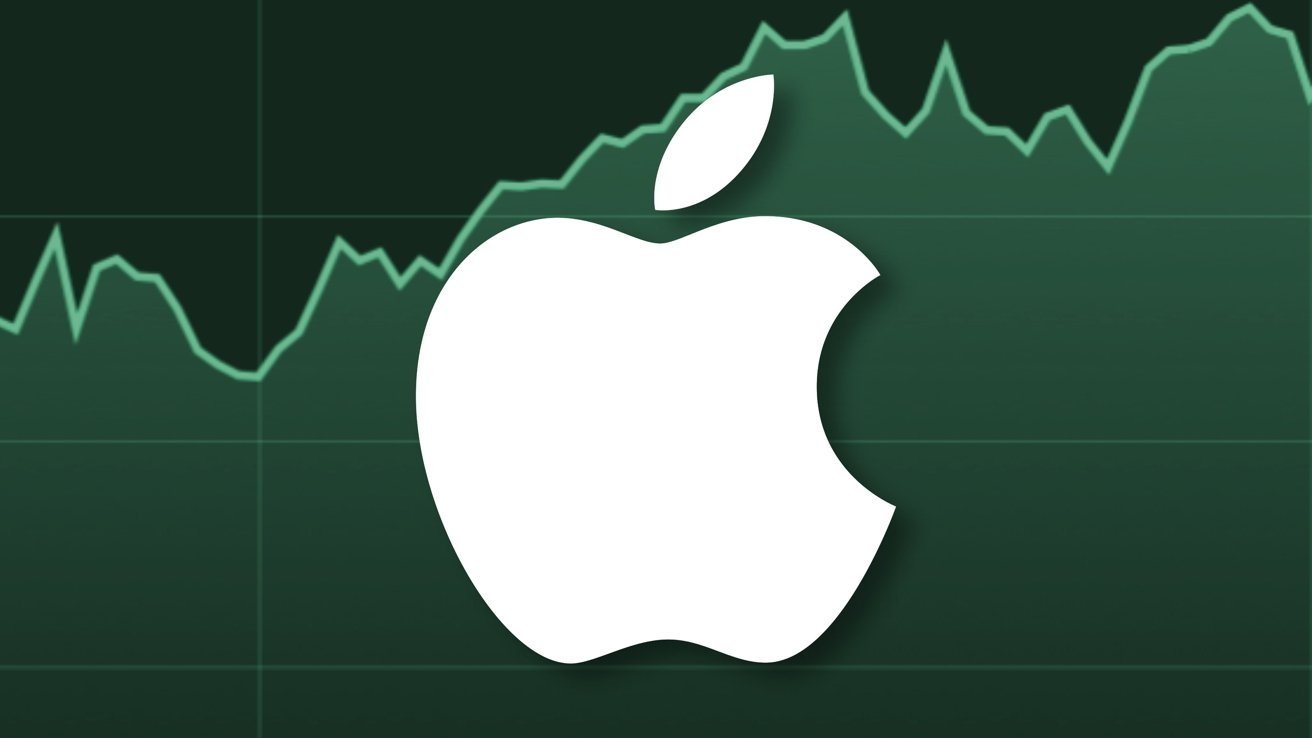

























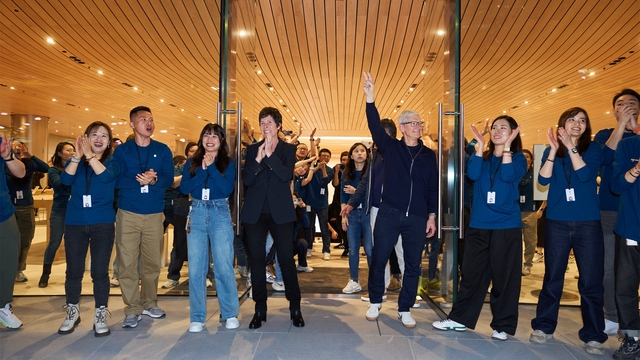
![Apple Posts Full First Episode of 'Your Friends & Neighbors' on YouTube [Video]](https://www.iclarified.com/images/news/96990/96990/96990-640.jpg)
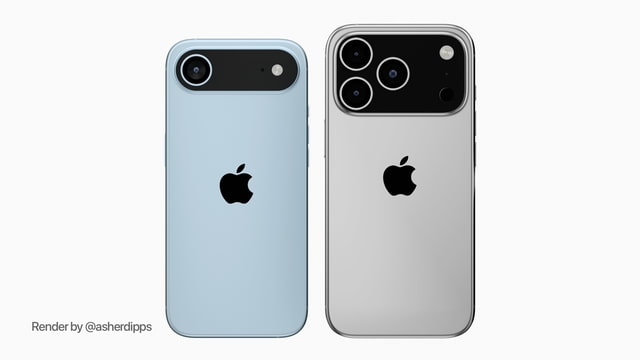
![Apple May Implement Global iPhone Price Increases to Mitigate Tariff Impacts [Report]](https://www.iclarified.com/images/news/96987/96987/96987-640.jpg)












































